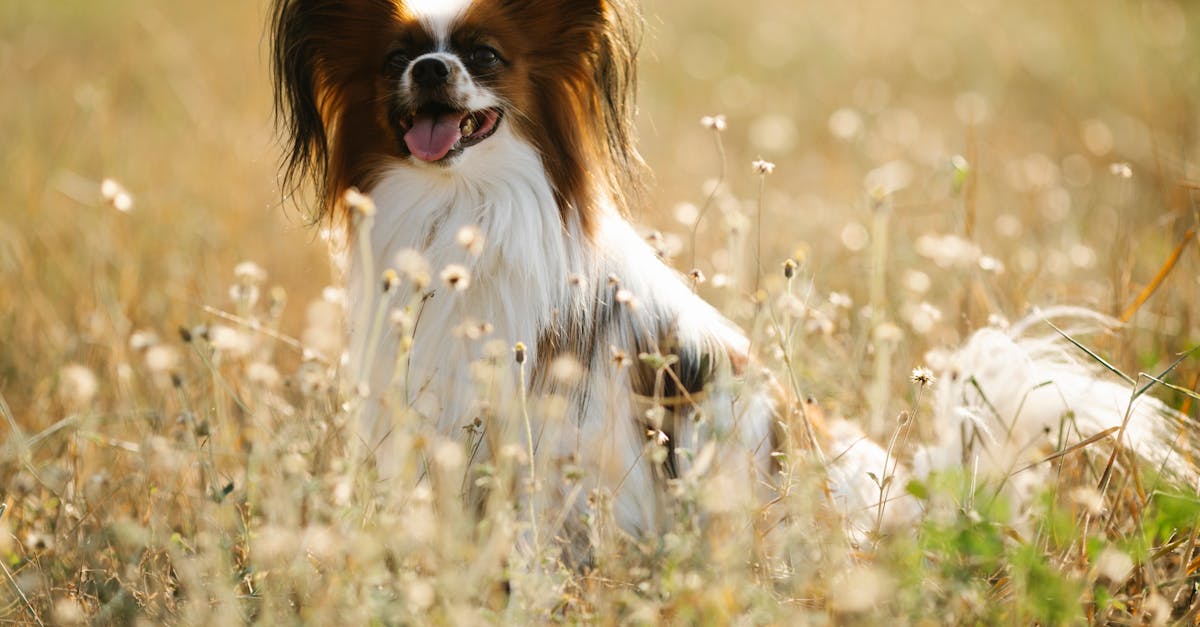Are you considering a Boerboel as your next canine companion or already lucky enough to have one in your life? This powerful, loyal, and intelligent breed has a unique set of needs and characteristics. As a pet owner, understanding their personality, care requirements, and health is essential to ensure they thrive in your home. Let’s dive into everything you need to know about the Boerboel.
🐾 Breed Snapshot
The Boerboel (pronounced “boo-r-bull”) is a large, muscular working dog that hails from South Africa. Originally bred as a farm dog for guarding property and livestock, this breed is fiercely protective yet deeply affectionate with their family. They are classified as part of the Mastiff family and are sometimes called the South African Mastiff.
- Size: Males can weigh 150–200 pounds, while females range from 110–150 pounds.
- Height: 22–27 inches at the shoulder.
- Lifespan: 9–11 years.
- Coat: Short, dense, and smooth, typically in shades of fawn, brindle, brown, or black.
- Energy Level: Moderate to high, depending on their age and lifestyle.
Boerboels are not just about size and strength—they’re also known for their balanced temperament, making them excellent family protectors and companions when properly trained and socialized.
🧬 Personality & Behaviour
Boerboels are renowned for their intelligence, confidence, and unwavering loyalty. They are highly trainable but require an experienced owner who can establish consistent rules and boundaries.
Some key personality traits include:
- Protectiveness: Boerboels are natural guardians and will instinctively protect their home and loved ones.
- Gentleness: Despite their size, they are often gentle with children and other pets when raised alongside them.
- Confidence: They are self-assured and calm but may act reserved or aloof with strangers.
- Energy: While not hyperactive, they need regular exercise and mental stimulation to prevent boredom.
Without proper training and socialization, their protective instincts can become problematic. Early exposure to various people, pets, and environments is crucial to shaping a well-adjusted dog.
🧼 Health & Grooming Needs
Boerboels are generally a healthy breed, but like all dogs, they have some predispositions to certain health conditions. Regular vet check-ups and preventative care go a long way in keeping them healthy.
Here are some common health concerns in Boerboels:
- Hip and elbow dysplasia: Due to their large size, Boerboels are prone to joint issues. Maintaining a healthy weight and providing joint supplements can help.
- Bloat (gastric dilatation-volvulus): This life-threatening condition is more common in deep-chested breeds. Feeding smaller meals and avoiding exercise after eating can reduce the risk.
- Conditions like entropion (inward rolling of the eyelid) may occur and often require surgical correction.
- Heart problems: Dilated cardiomyopathy (DCM) can affect some Boerboels, so regular heart health checks are important.
Grooming a Boerboel is relatively low-maintenance due to their short coat. Weekly brushing will help keep shedding under control and maintain their coat’s health. During shedding seasons, brushing more frequently may be necessary. Additionally, clean their ears regularly, trim their nails, and brush their teeth to prevent dental disease.
💡 Vet Tips for Pet Parents
Boerboels are not for everyone—they require a dedicated, knowledgeable owner who can meet their physical and emotional needs. Here are some essential tips to ensure your Boerboel thrives:
- Start training early: Basic obedience training should begin as soon as you bring your Boerboel puppy home. Focus on commands like “sit,” “stay,” and “leave it” to establish control.
- Socialize thoroughly: Expose your Boerboel to different people, pets, and situations from a young age to prevent overprotectiveness or aggression.
- Provide regular exercise: Daily walks, play sessions, or mental stimulation activities (like puzzle toys) are essential to keep them happy and prevent destructive behaviors.
- Monitor their diet: Feed a high-quality, large-breed dog food tailored to their age and activity level. Avoid overfeeding to prevent obesity.
- Stay consistent: Boerboels respond well to firm, consistent, and positive reinforcement-based training methods.
Remember, Boerboels thrive in homes where they feel secure and loved. They bond deeply with their families, so give them plenty of attention and affection.
FAQs
Q: Are Boerboels good with children?
A: Yes, Boerboels are typically gentle and protective with children, especially when raised with them. However, due to their size and strength, supervision is always recommended during interactions.
Q: How much exercise does a Boerboel need?
A: Boerboels require at least 1–2 hours of daily exercise, including walks, playtime, or training sessions. This helps keep them physically fit and mentally stimulated.
Q: Do Boerboels get along with other pets?
A: With proper socialization, Boerboels can coexist with other pets. However, their guarding instincts may lead to territorial behavior, so introductions should be done carefully.
Book a $49 online vet consultation at https://www.dialavet.com for fast, expert advice.























